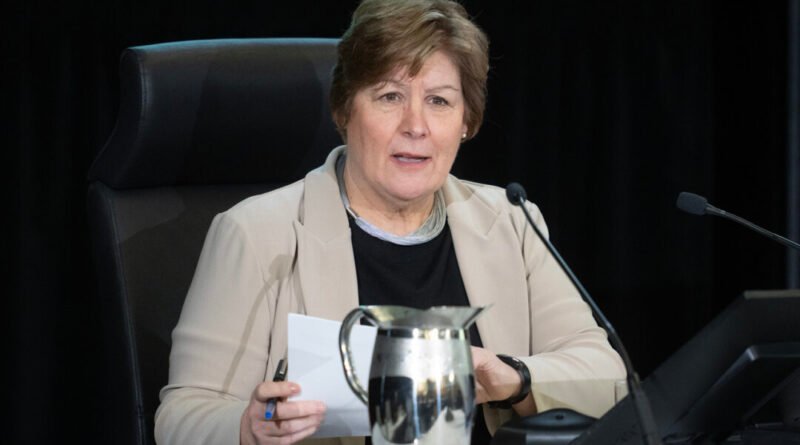Seeking Public Input on Foreign Election Interference Commission
Canada’s foreign interference commission has announced it is accepting submissions from the public.
The submission window is open until July 31.
Submissions can be made by email, through the Signal encrypted messaging app, or via regular mail, according to the Commission.
The initial report of the Foreign Interference Commission on May 3 revealed that China poses the most serious threat in terms of foreign interference.
It was also mentioned in the report that while foreign interference didn’t change the outcome of the 2019 and 2021 elections in terms of which party formed the government, it may have influenced results in a small number of electoral districts.
The report also highlighted how the interference has eroded public trust in elections.
In addition to targeting diaspora communities, Beijing focuses on groups in Canada that face persecution or are targeted by China, such as Falun Gong practitioners, Uyghurs, Tibetans, and supporters of Taiwanese independence.
The report found that China employs various tactics to interfere in Canada, including the use of proxies based in Canada.
“The PRC [People’s Republic of China] adopts a long-term approach to influence operations, cultivating relationships through both overt and covert means to establish cooperation over time,” the report stated.
“It offers incentives like paid trips, business opportunities, prestigious invitations, or political support to individuals or close associates, while also resorting to disincentives such as visa denials, harassment, economic coercion, and community isolation,” it added.
The report also pointed out that Beijing controls Chinese-language media and social media platforms to influence the diaspora community.
The public is requested to share any connections with diaspora communities or participation in elections, report any instances of being affected by foreign interference in a Canadian election, and provide suggestions for detecting or deterring foreign interference.
The commission conducted its first hearings in Ottawa over a span of 15 days between January and April. The upcoming public hearings are scheduled for this fall to gather recommendations for the final report to be submitted to the federal government by December 31. These hearings will focus broadly on Canada’s democratic institutions and the experiences of the country’s diaspora communities.
The dates for the fall hearings are yet to be announced.
With contributions from Matthew Horwood




